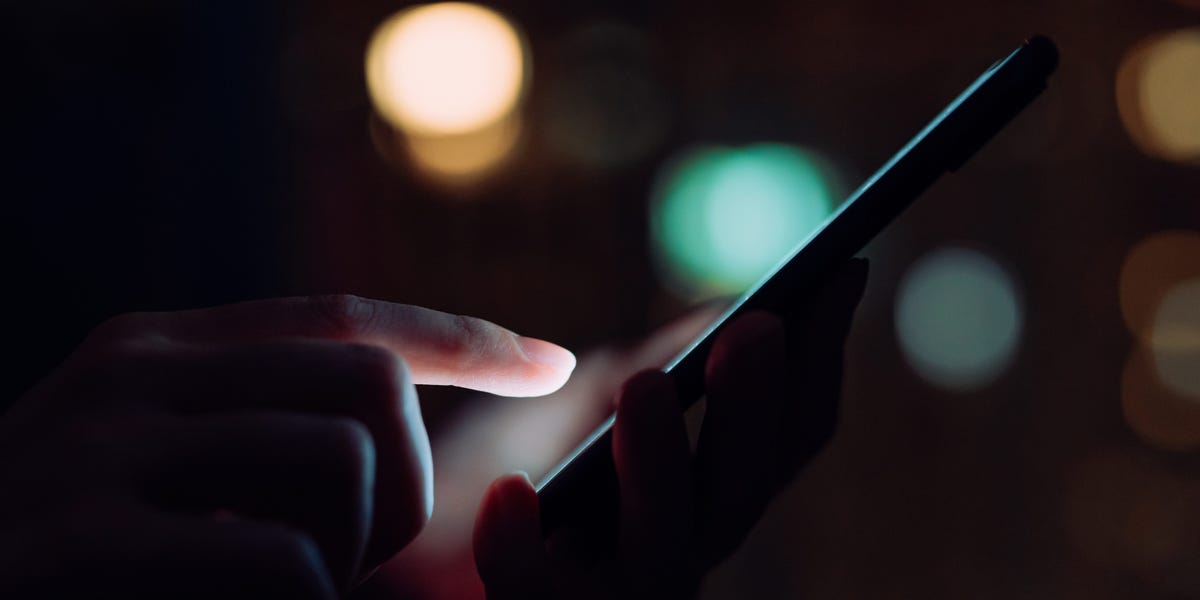- Many users would ditch social media in exchange for being paid a small fee, a study found.
- Some would also pay for their peers to do the same, it found.
- That makes social media look like a “product market trap,” the researchers said.
Would you deactivate your TikTok for four weeks if you were given $59? What about Instagram? Would $47 cut it?
New research published last month by the National Bureau of Economics Research found that social-media users would be willing to break their scrolling habits on these platforms for a month for those amounts.
The paper, yet to be peer-reviewed, notes that its findings “indicate that users require substantial compensation to stop using social media when others in their network keep using it.”
What if there was an option where everyone else they knew would stop using social media, too? Here’s where things get really interesting.
The researchers found that users would be willing to pay $28 and $10 “to have others, including themselves, deactivate TikTok and Instagram, respectively.”
It’s a sign of social media being a “product market trap,” the researchers added.
The paper noted that 64% and 48% of active TikTok and Instagram users, respectively, “experience negative welfare from the product’s existence,” but would still want to be given financial compensation to step away from their accounts.
Social media remains a key resource for people looking for a convenient way to keep on top of updates from friends, colleagues, and current affairs. This can lead to them being glued to their screens or endlessly doomscrolling.
That said, the results underscore a view that people feel compelled to use social media despite how awful it can make them feel.
Interestingly, participants in the study who didn’t have TikTok or Instagram accounts said they’d be willing to pay up to $67 and $39 respectively, “to have others deactivate” their accounts on those platforms.
“Overall, our evidence shows the existence of a social-media trap for a large share of consumers, who find it individually optimal to use the product even if they derive negative welfare from it,” the paper said.
Read the full article here





